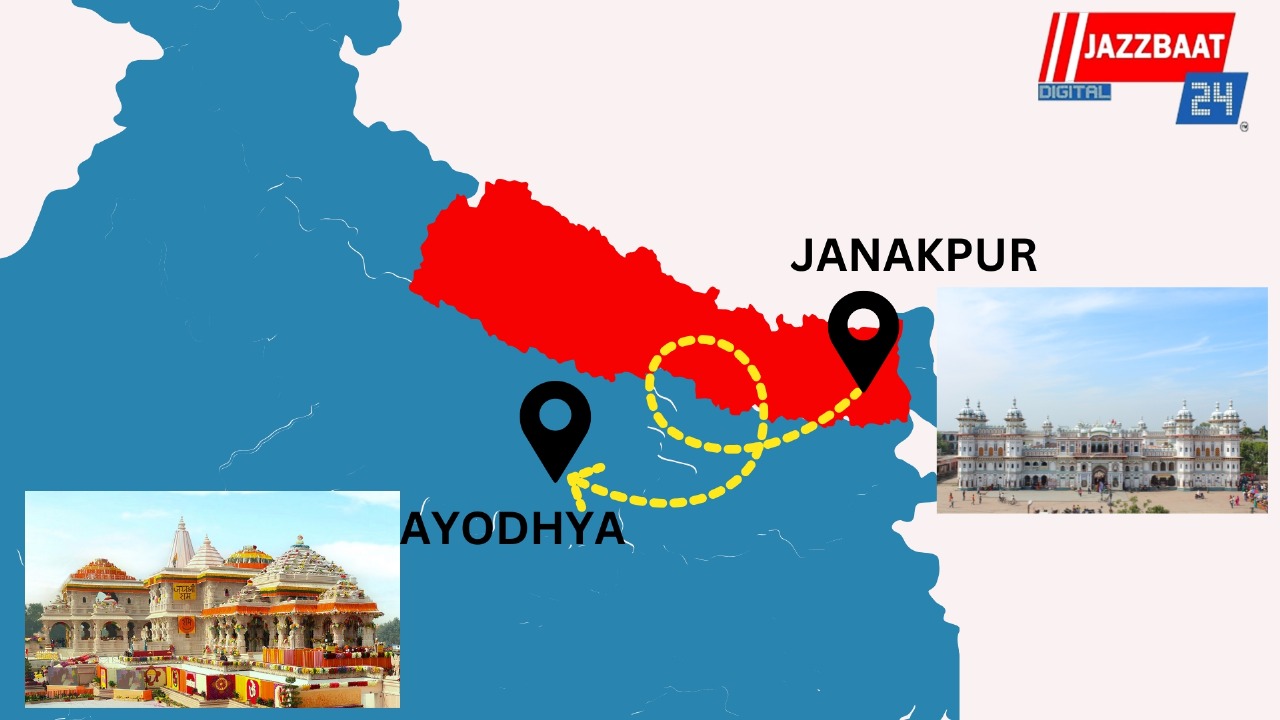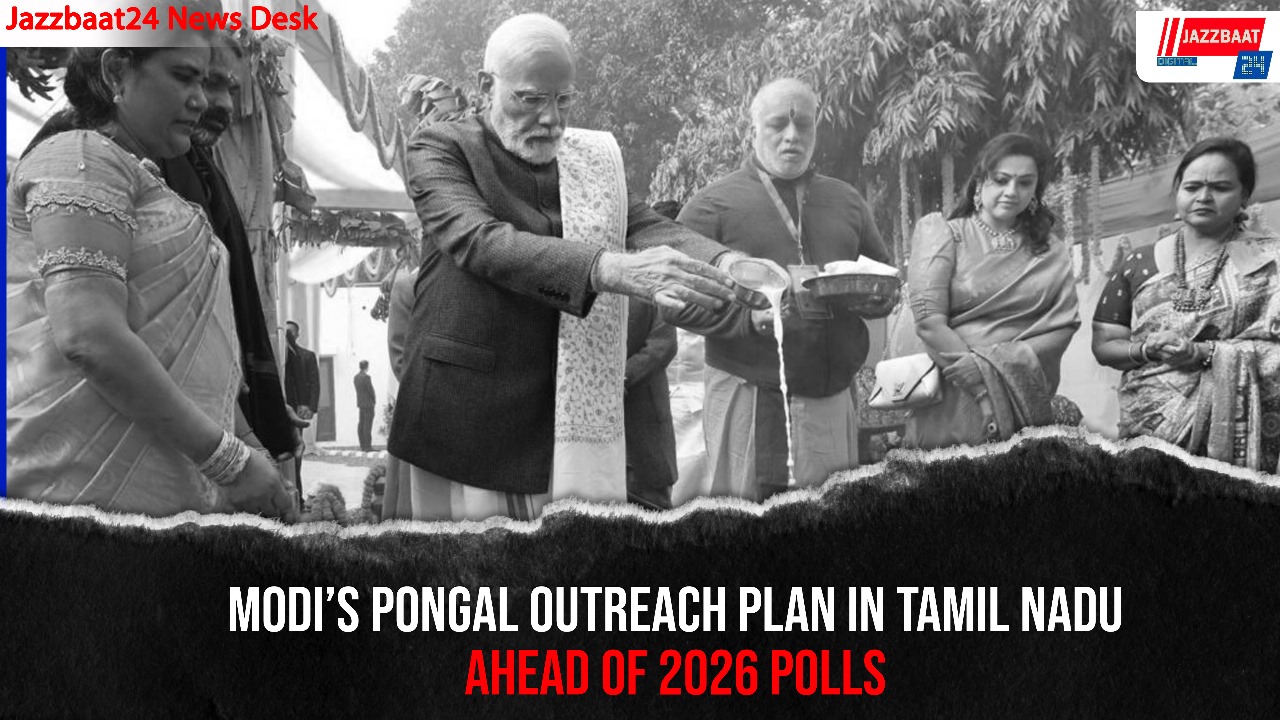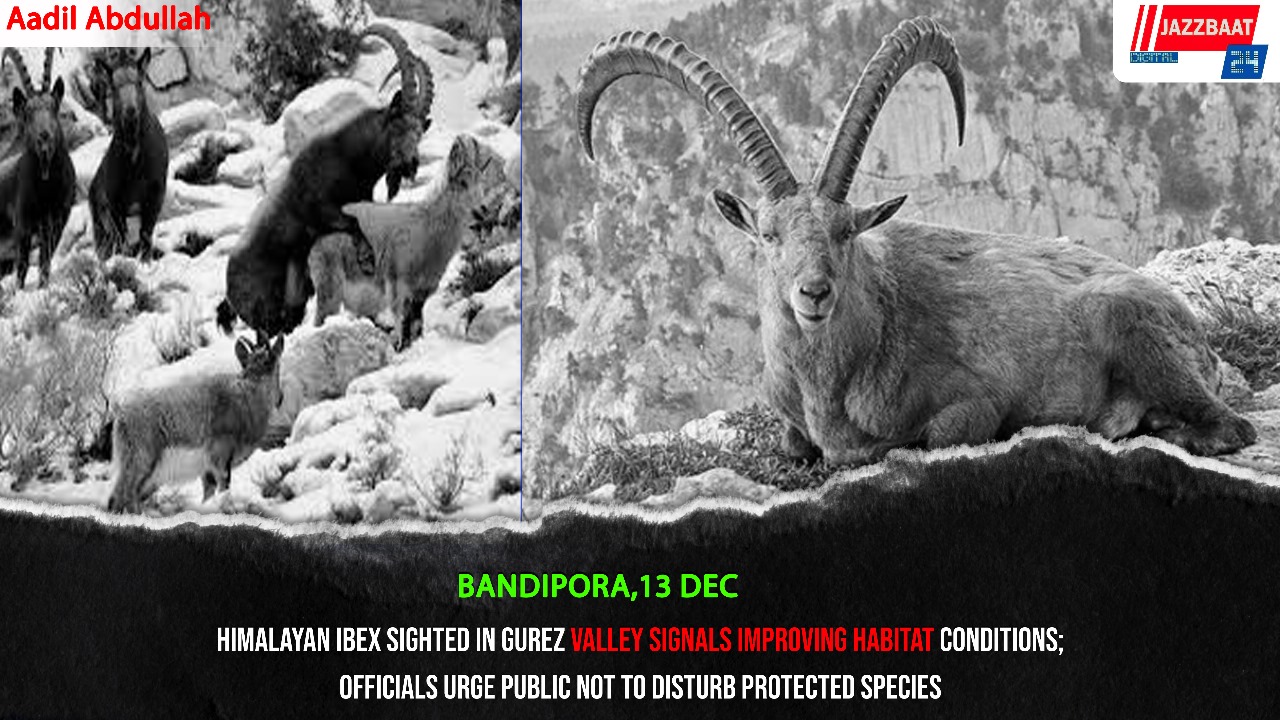New Delhi: India and Nepal discussed procedures to begin operations of the cross-border passenger railway service from Janakpur in Nepal to Ayodhya in India, including other railway links.
This was decided during the Ninth Project Steering Committee (PSC) and the Seventh Joint Working Group (JWG) meetings from February 27-28, held in New Delhi, to review implementation of ongoing cross-border railway links and overall bilateral cooperation in the railway sector.
The Indian delegation was led by Rohit Rathish, Joint Secretary (DPA-III), Ministry of External Affairs and the JWG by Pradeep Ojha, Executive Director (Traffic Transportation-Freight), Ministry of Railways; the Nepali side was led by Sushil Babu Dhakal, Joint Secretary, Ministry of Physical Infrastructure and Transport, for both meetings, a statement said.
Both sides discussed the ongoing works of Jaynagar (India) to -Bijalpura-Bardibas and Jogbani (India)-Biratnagar (Nepal) broad gauge railway lines between India and Nepal, being developed with grant assistance from Government of India.
The preparedness for the commencement of work on the remaining sections of the two railway lines i.e. from Bijalpura to Bardibas on Jaynagar-Bijalpura-Bardibas and Nepal Custom Yard to Biratnagar on Jogbani-Biratnagar was also reviewed. The Nepali side assured that necessary facilitation will be provided for early commencement and completion of the work on the remaining sections of the railway lines.
The Final Location Survey (FLS) Report of Raxaul-Kathmandu Broad Gauge Railway Link, Standard Operating Procedures (SOPs) for the commencement of passenger train services on the Janakpur-Ayodhya section and additional railway links were also discussed. Both sides agreed to enhance technical cooperation in the railway sector, including in the areas of capacity building, logistic support and training of Nepali railway personnel.
On the sidelines of the JWG and PSC meetings, the Nepali delegation also visited Indian Railways Institute of Transport Management (IRITM), Lucknow and Ayodhya to view and understand the facilities available for training of railway personnel and officials from Nepal, it said.
According to a report, Nepal Railway Company stated that more than 1.5 million passengers used the railway service in 2023.
Over 900,000 Nepali passengers and more than 600,000 Indian passengers travelled using Nepal Railway Service which is currently operating from the Indian border town Jayanagar to Bhangaha of Mahottari via Janakpur, the capital of Madhes province.
The train service used to operate on 35 km from Kurtha to Jayanagar of India since April 3, 2022 and it was extended on additional 17 km up to Bhangaha of Mahottari on July 15, 2024.
It said that the number of passengers is growing since the commencement of the railway service. More than 3,000 passengers travel daily by Nepal Railway Service.
The Railway is operated with the financial and technical assistance of the Government of India.
Nepal Railway has to pay Rs 7 million monthly to an Indian company in lieu of the employees’ salary, cleaning of the compartments and repair and maintenance of the railway.
At present, the Indian side is carrying out the technical works for expanding the railway from Kurtha to Bardibas. Nepal Railway Company has expressed commitment to operate railway service on this 17- km section within three years. The railway service will run on 69 km once the construction works on this section are completed.
The Government of Nepal and the Government of India had signed an agreement, in 2010, to operate the railway service from Jayanagar to Bhangaha, Bardibas. As per the agreement, the Nepal government will provide the land while the Indian government will carry out all the works like construction of the track, station building, halt, bridges, drinking water, electricity supply, among other infrastructures.





